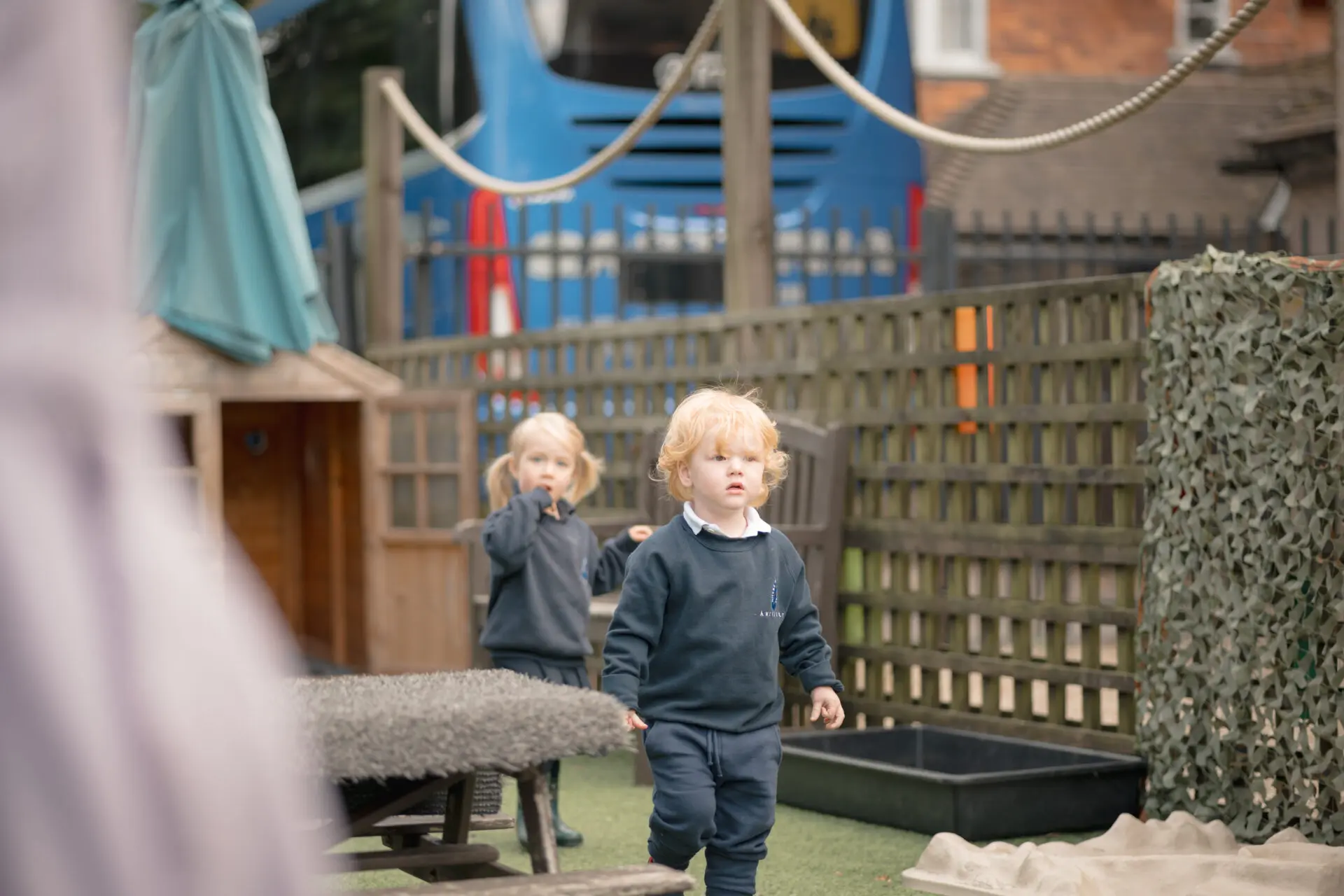Welcome to Little Amesbury
Little Amesbury
Little Amesbury is a centre of excellence, dedicated to providing our youngest children with outstanding early years education. Nestled in the beautiful Surrey countryside, it is a spacious purpose-built EYFS building with outdoor classrooms, offering a vibrant, challenging learning environment.
Early childhood lays the groundwork for a child’s future. At Little Amesbury, we are passionate about providing children with a diverse, stimulating, and well-rounded creative curriculum that caters to their interests and requirements. This equips our children to become independent motivated learners, who are resilient and persevere. We celebrate the uniqueness of every child and prioritise offering a wide array of indoor and outdoor experiences in a joyful, secure, and nurturing setting.
Most Little Amesbury children go on to join our Reception class and stay on through the school.
We eagerly await the opportunity to welcome your family to one of our early years events, or for a private tour.

“We would give Little Amesbury 11 out of 10 if we could! Everything from the staff, activities, menu and facilities is spot on. Our daughter is so incredibly happy there, she is loved, nurtured, supported and stimulated. We are so happy with all of it. We have to give a special shout out to her key worker who is her safety blanket in the most loving and wonderful way. Thank you Little Amesbury.”
